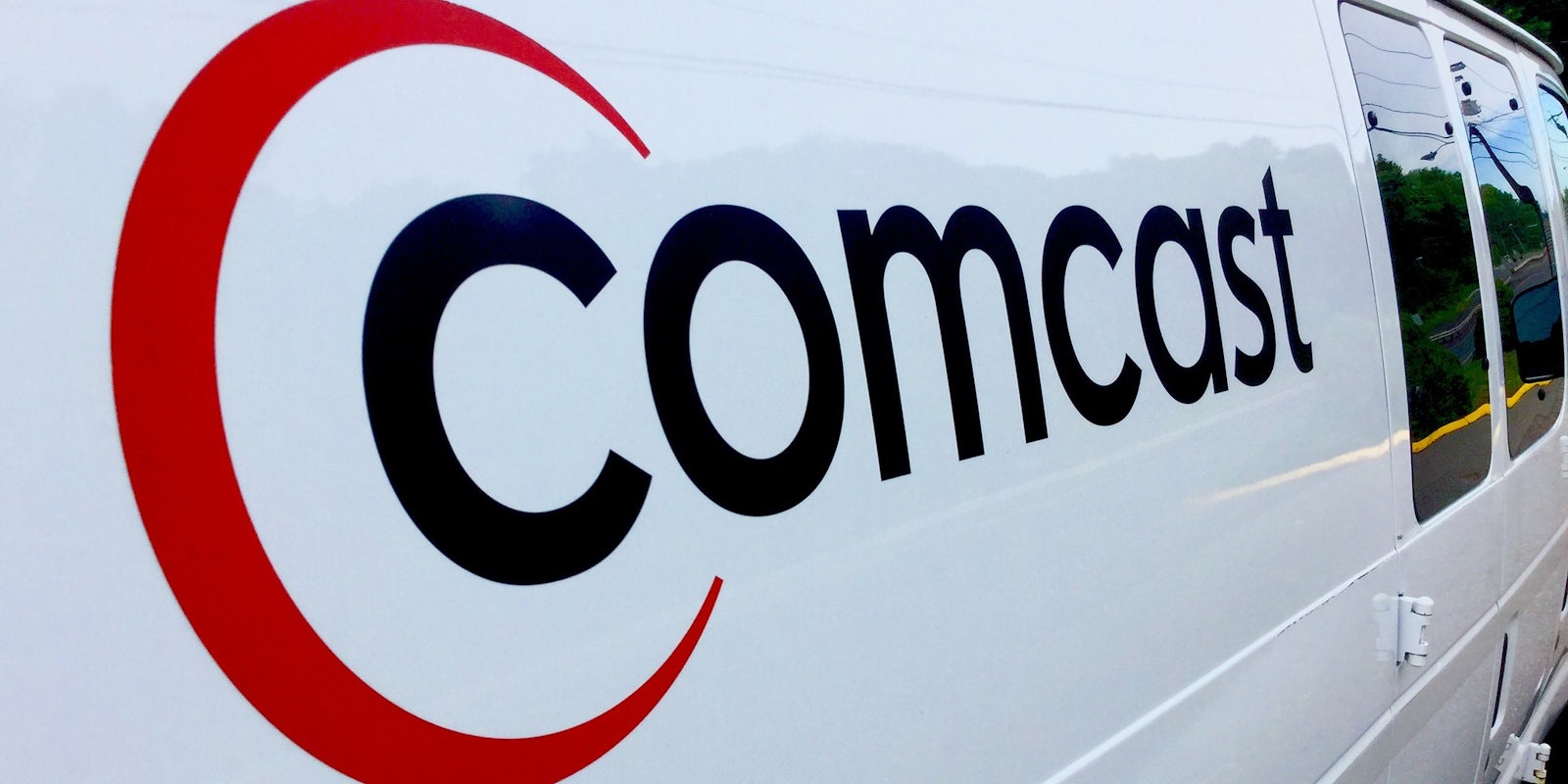The Federal Communications Commission hit Comcast with a $2.3 million fine this week after it found the cable giant had charged customers for equipment or services they never ordered.
The FCC investigation, launched in 2015, found Comcast guilty of a practice known as “negative option billing,” which means the company placed charges on customers’ bills that required the customers to take steps to have the charges removed after Comcast had already billed them.
The result of this practice was customers paying for premium channels, set-top boxes, or DVR equipment they never ordered or, in some cases, specifically declined.
“It is basic that a cable bill should include charges only for services and equipment ordered by the customer—nothing more and nothing less,” Travis LeBlanc, head of the FCC’s Enforcement Bureau, said in a statement. “We expect all cable and phone companies to take responsibility for the accuracy of their bills and to ensure their customers have authorized any charges.”
On top of millions of dollars in penalties, Comcast must also institute a “five-year compliance plan,” according to the FCC, which includes “adopt[ing] processes and procedures designed to obtain affirmative informed consent from customers prior to charging them for any new services or equipment.”
In a statement to Ars Technica, Comcast said the bogus charges were implemented before the company had revamped it customer service and billing operations, which had made customers “unnecessarily frustrated or confused.”
“That’s why we had already put in place many improvements to do better for our customers even before the FCC’s Enforcement Bureau started this investigation almost two years ago,” Comcast said. “The changes the Bureau asked us to make were in most cases changes we had already committed to make, and many were already well underway or in our work plan to implement in the near future.”


